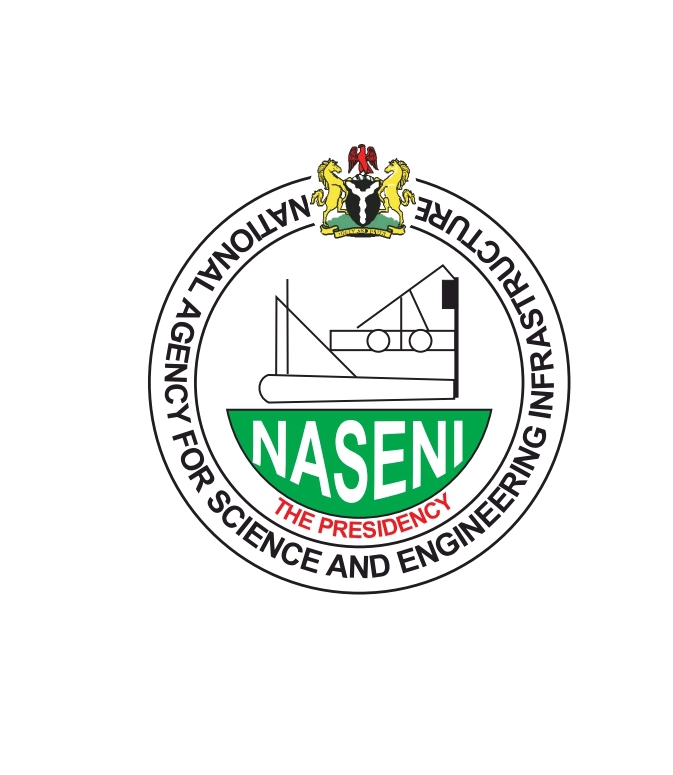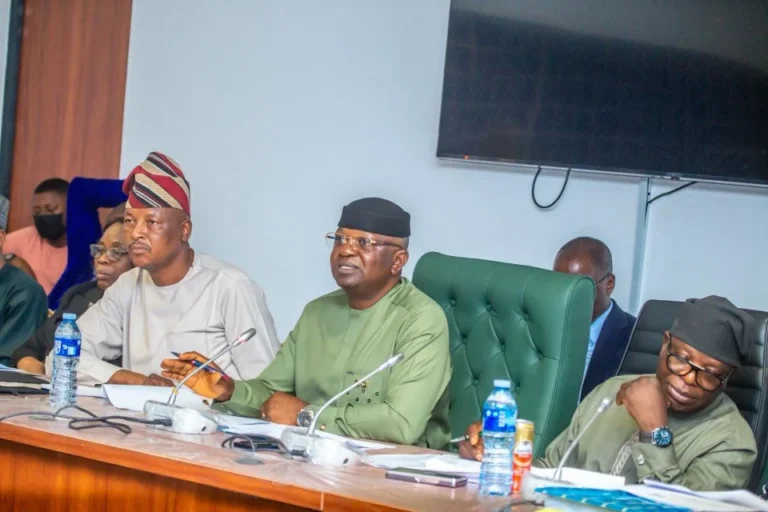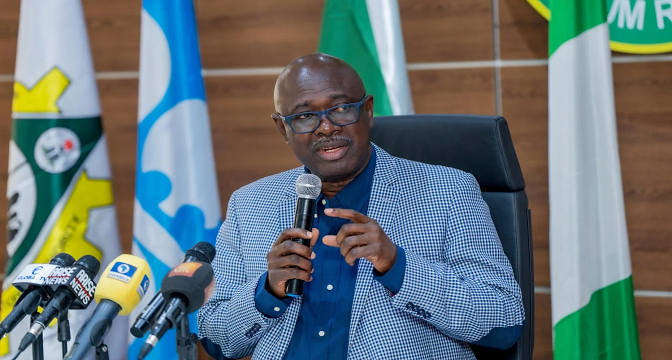
The National Agency for Science and Engineering Infrastructure (NASENI) has earned praise from Nigeria’s anti-corruption agency for leveraging innovation to tackle systemic corruption. During a recent visit to NASENI headquarters, the Independent Corrupt Practices and Other Related Offences Commission (ICPC) emphasized the vital role of technology in promoting transparency across government institutions.
ICPC Chairman, Dr. Musa Adamu Aliyu, commended NASENI’s commitment to developing local capacity and technological tools that reduce corruption. According to him, such innovations empower anti-graft agencies and help eliminate loopholes in public sector spending.
Rather than focusing solely on arrests and punishment, Dr. Aliyu highlighted the importance of building preventive systems. He pointed out that this is where NASENI’s contribution becomes invaluable. By developing digital platforms and monitoring tools that limit human interference, NASENI helps strengthen public accountability and oversight.
Welcoming the ICPC delegation, NASENI’s Executive Vice Chairman and CEO, Mr. Khalil Suleiman Halilu, shared several projects the agency has launched to improve transparency. Among them are technologies designed to curb fraud in procurement and budgeting. He also introduced software tools capable of tracking government resources in real time.
Halilu emphasized that NASENI’s mandate extends beyond building machines. The agency aims to solve real-world problems through innovation, he explained. By using technology to monitor public funds and assign responsibility for decision-making, the government can rebuild public trust.
He encouraged wider adoption of NASENI’s anti-corruption tools across ministries and agencies. Greater collaboration with bodies like the ICPC, he noted, would help scale these innovations and increase their impact nationwide.
Both leaders acknowledged the value of long-term partnerships. Dr. Aliyu offered technical support to enhance NASENI’s systems and proposed sharing strategic input to guide future innovations. Locally developed solutions, he argued, are often more adaptable to Nigeria’s specific needs and challenges.
The meeting concluded with a mutual pledge to continue exploring ways that innovation can enhance governance. Stakeholders recognized NASENI’s role as both strategic and promising in the country’s anti-corruption framework. As Nigeria intensifies its efforts to build institutional integrity, NASENI’s solutions are becoming increasingly vital.
Beyond offering tools, the agency is helping shape a culture rooted in transparency and accountability. With its growing portfolio of reforms and technologies, NASENI is poised to play an even more central role in Nigeria’s anti-corruption journey.



